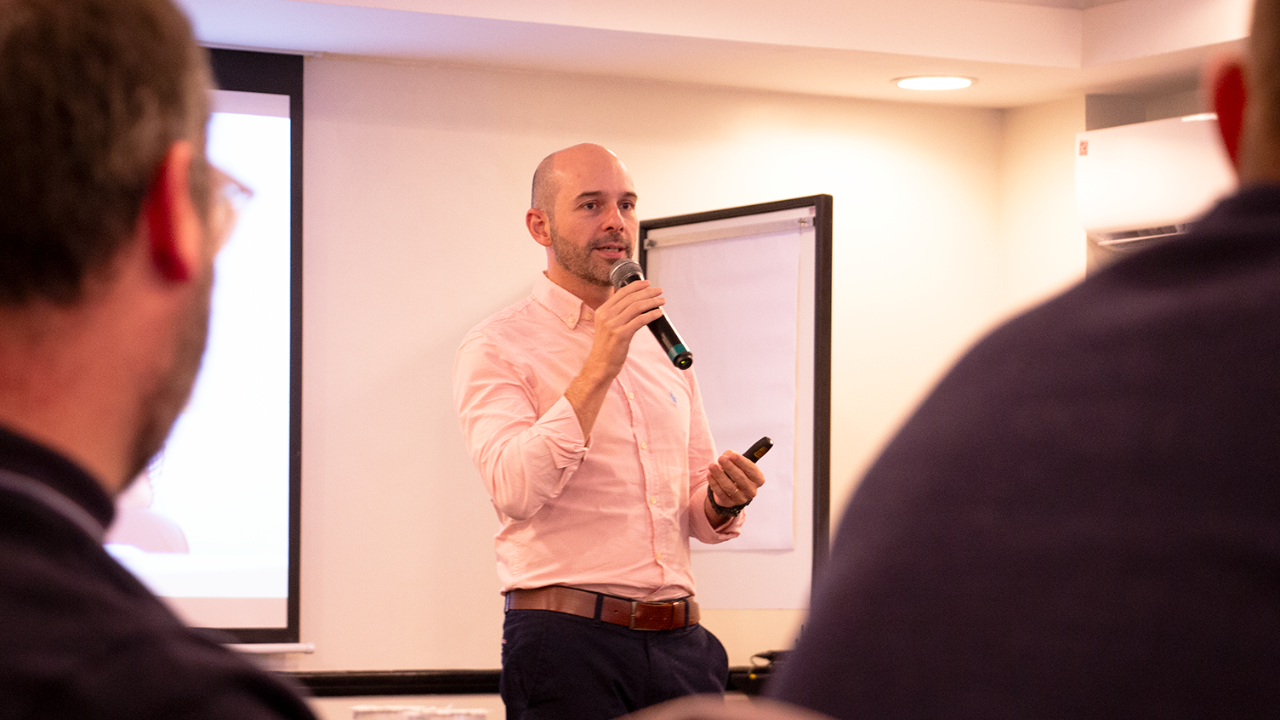
In dynamic and challenging work environments, the search for excellence goes beyond technical skills. Soft skills, also known as behavioral skills or human skills, play a crucial role in professional success, especially for leaders who want to reach the pinnacle of effectiveness and leadership.
Soft skills refer to the interpersonal and behavioral skills that facilitate communication, collaboration and effective performance in a work environment.
Unlike hard skills, which are specific technical skills, soft skills transcend the boundaries of sectors and positions, being essential in any professional context.
In fact, it is known that companies are currently looking for professionals more for their soft skills than for their technical skills or hard skills.
Some examples of these soft skills - or human skills, as we call them here, at LongVision - they are:
There are many others. And, of course, everything is abstract, since we are talking about behavior.
On the other hand, note that, even without detailed metrics, the revolution in workplaces is already happening. All because there is a need to restore trust between people, commitment and well-being so that collective results can be prioritized.
For leaders, the possession and development of soft skills are crucial to building solid, motivated and cohesive teams.
The ability to lead effectively goes far beyond technical knowledge, requiring skills that promote a culture of collaboration, innovation and adaptation to constant changes in the business world.
Generally speaking, a leader's soft skills motivate teams to reach their best potential.
In other words, leaders who demonstrate empathy, active listening and the ability to positively influence are more likely to create productive and engaging work environments.
The same happens when making a decision. That is, soft skills such as problem solving and critical thinking enable leaders to make informed decisions, considering diverse perspectives.
This is fundamental in corporate environments, where decisions impact not only the leader, but the entire team and organization.
Fortunately, yes!
And we have some valuable ones for you to know:
So, soft skills training is not lacking here at LongVision.
Get in touch to find out more and be sure to read: